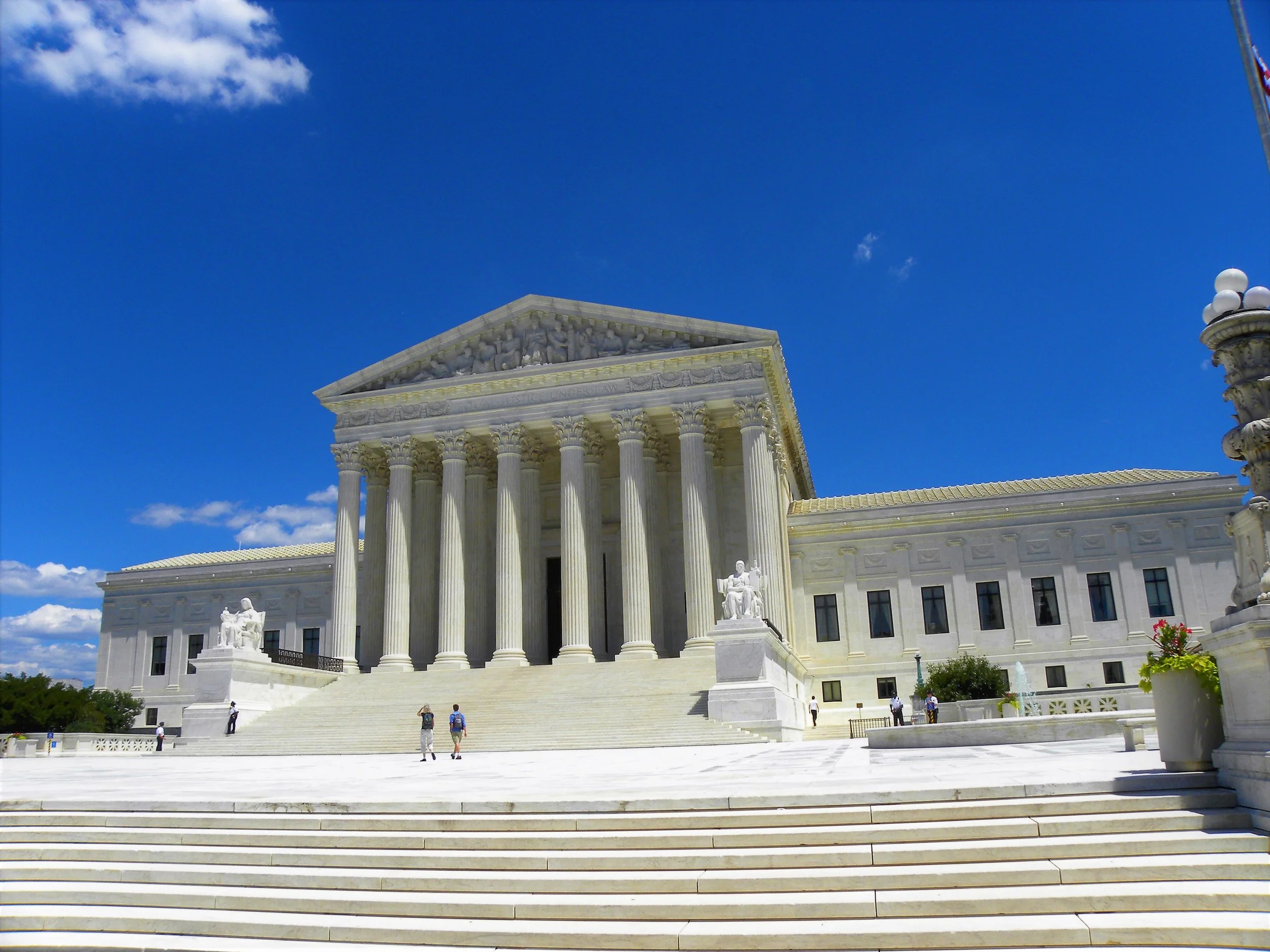OPINION: TikTok users deserve more clarity from the U.S. government
Photo via Mathieu Landretti/Public domain/Wikimedia Commons
Danny Murnin, a Senior studying Journalism, argues that the TikTok ban is littered with the lack of transparency that has become commonplace in today’s government.
I’m not ashamed to admit that I spend too much time on TikTok. I love to endlessly scroll and see what my For You page has to offer. The content I view is interesting, funny and educational at times. In a social media landscape with so many downsides, TikTok is an exception. Instagram exists as a space for people to make it seem like everything in their lives is perfect. Snapchat, with its unique features, is a paradise for bullies and creeps. Facebook is still full of petulant adults who rant and rage about the most insignificant things. Twitter (now X) has become a cesspool of hate and misinformation under Elon Musk.
TikTok is different. People are just so much more “real” than on other social media platforms. There is something for each and every one of the 170 million users in the United States. I am sad that it is all, but certain I will no longer be able to use the app starting Sunday. Other Americans will unfortunately be more than just sad; they’ll be worried. TikTok contributed $24.2 billion to U.S. GDP in 2023. Notably, over seven million small businesses in America use the platform, which helps those businesses drive $14.7 billion in revenue in 2023. Over 220,000 jobs in America are supported by TikTok.
There is no question in my mind that banning an app that has supported the livelihoods of a massive number of people and brought joy to countless more is incompatible with American democracy. Contrary to what the courts might say, banning TikTok is absolutely an attack on free speech, as the American Civil Liberties Union (ACLU) clearly lays out.
The U.S. government, in a rare bipartisan fashion, clearly disagrees, which is why the app is set to be banned in the U.S. on Jan. 19 unless the Supreme Court blocks or delays it, or a late sale takes place, both of which are unlikely. The reason for the ban, as most people know by now, is that TikTok is owned by ByteDance, a Chinese internet company.
For some context, the People’s Republic of China (PRC) is a one-party unitary state ruled by the Chinese Communist Party (CCP). Civil liberties in the PRC are practically nonexistent. The renowned pro-democracy nonprofit, Freedom House, gave China a dismal 9/100 “Not Free” rating in its 2024 report. In their report, Freedom House assessed that the CCP “maintains tight control over all aspects of life and governance, including the state bureaucracy, the media, online speech, religious practice, universities, businesses, and civil society.” As a result of this, Freedom House also concluded that “following a multiyear crackdown on political dissent, independent nongovernmental organizations (NGOs), and human rights defenders, China’s civil society has been largely decimated.”
The PRC has come under immense international pressure for an ethnic cleansing campaign against a Muslim ethnic minority group in the country’s northwestern Xinjiang Uyghur Autonomous Region, which the U.S. has rightfully constituted as genocide. Beijing also has great geopolitical ambitions in the Pacific, which first and foremost starts with uniting the mainland with Taiwan, a free and democratic nation. The U.S. has maintained a deliberate policy of strategic ambiguity to prevent conflict, but the situation has rapidly deteriorated in recent years. Beijing has been ramping up military capabilities and readiness in preparation for a possible invasion of Taiwan. The U.S. opposes a Chinese military invasion of the island.
There is no mistaking that China is a U.S. adversary. This is where the desire in the U.S. government to ban TikTok comes from. Under Chinese law, Chinese companies like ByteDance can be forced to turn over sensitive user data to the government for intelligence purposes. Another concern for lawmakers is the possibility that China could manipulate content recommendations to spread misinformation unfavorable to the U.S. and favorable to China.
I’m still not sure how much I buy the government’s argument that the immediate solution to the obvious problems with TikTok is to ban it. Analysis from the Atlantic Council has found that “TikTok’s data collection practices on Americans are not outside what is commonly practiced by social media companies, including Meta, X, and others.” Their analysis also revealed that “the data that TikTok can provide on Americans pales in comparison to what the Chinese government has accessed through both its illegal hacking activities and what is available legally on the open market through US-based third-party data brokers.”
I think that the case our government has made for why the app should be banned starts to fall apart if you look at it through a more critical lens. Pretend that the U.S. government is a student taking an upper-level college course, and their assignment is to answer the question of whether or not TikTok should be banned and then defend their position with strong, irrefutable evidence.
When you consider that much of the evidence the government used in court to defend the ban is classified, it becomes pretty simple to recognize that the government would flunk this paper. I would not get a good grade on a paper if my evidence to support my main argument was simply “trust me bro.”
I personally believe, likely stronger than most people do, that the government should be afforded great leeway to use classified information as a reason to take certain actions. But most classified information doesn’t relate to the free speech rights of 170 million people.
We, the people, deserve greater transparency from our elected leaders on why they have gone ahead with this deeply harmful action.
Please note that these views and opinions do not reflect those of The New Political.

